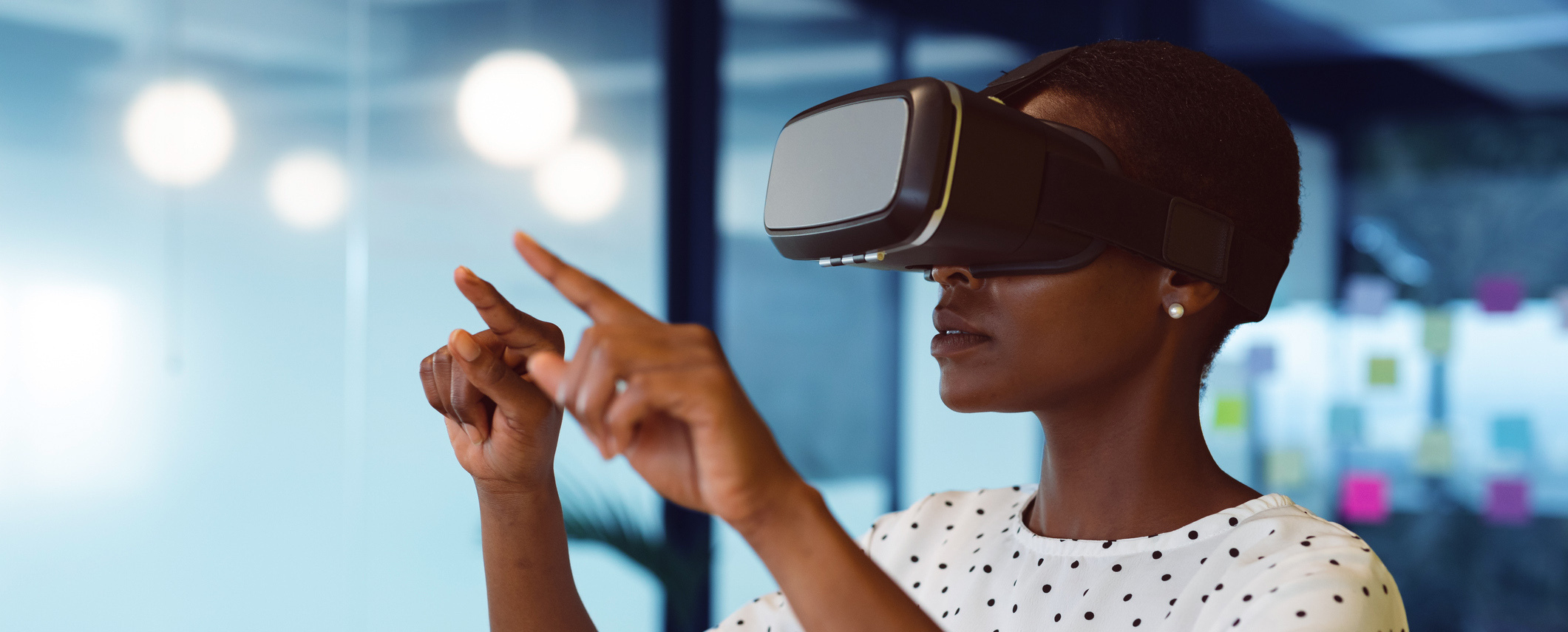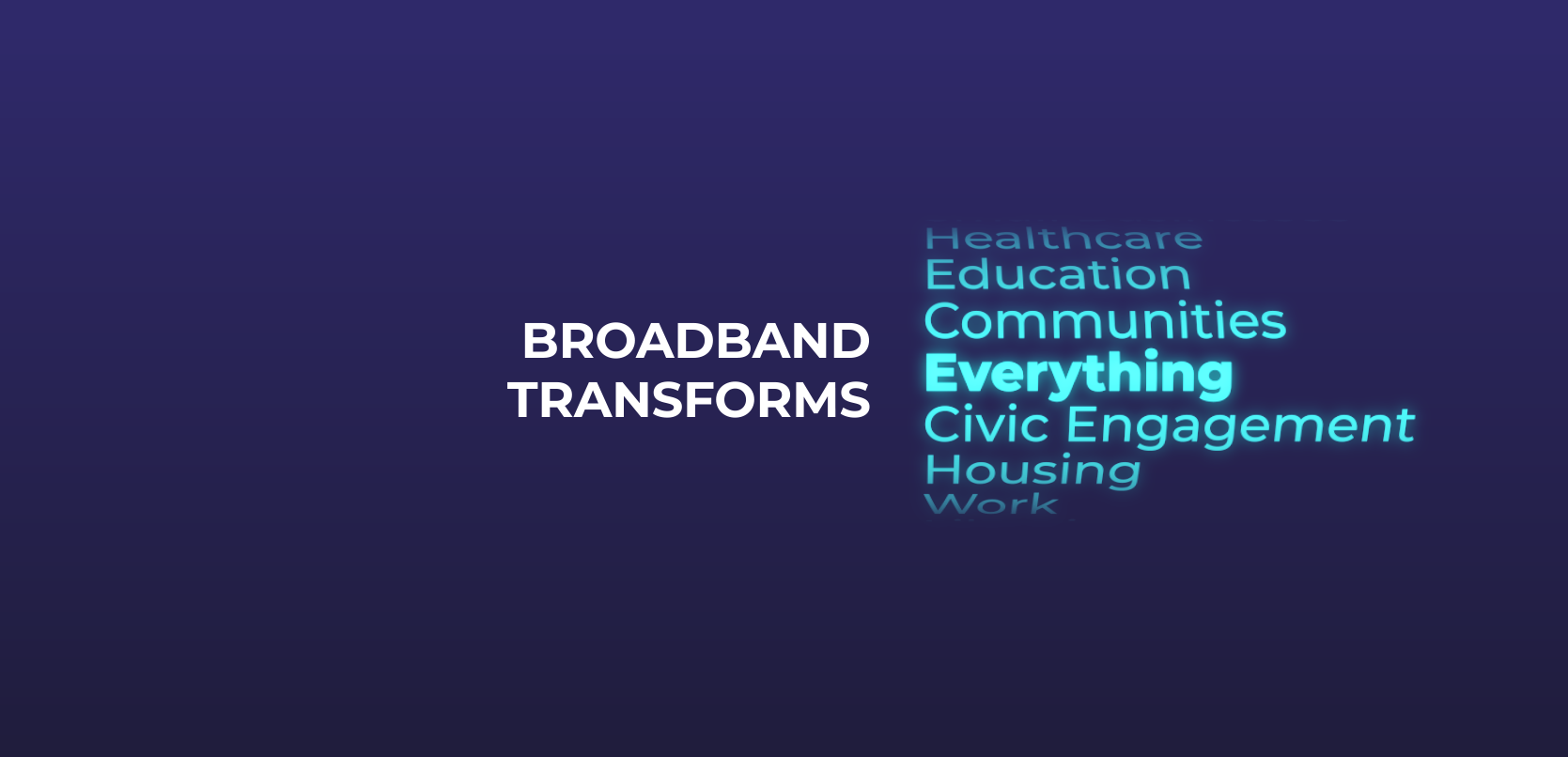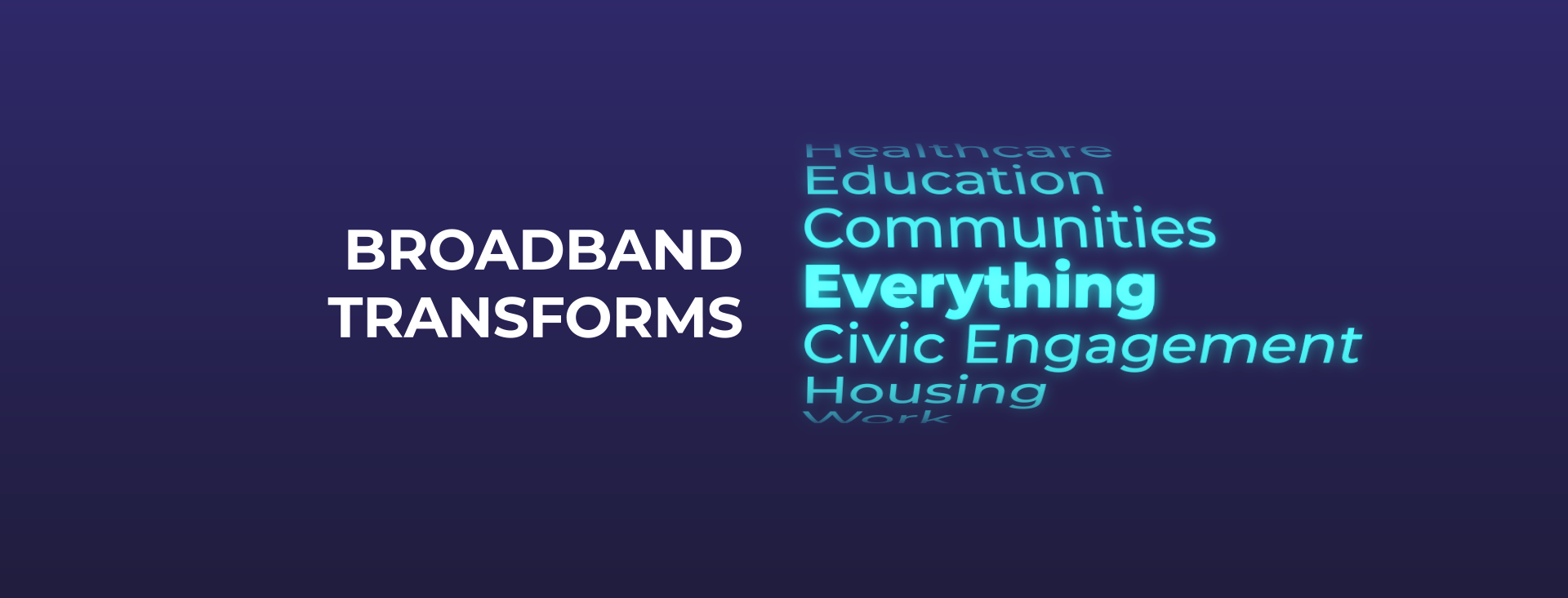When it comes to the metaverse, most of the talk is about what’s coming in a “not too distant future”. Many discuss the metaverse’s potential to create virtual offices, concert halls, and learning institutions.
But a lot of this potential is being unleashed today. The future is here and now.
From performers to healthcare, the metaverse is making a positive impact on how we work, learn, and play.
DJ Neekola pioneered the virtual reality performance space. When the pandemic canceled her live shows and shut down venues, she put on her Oculus and took to the metaverse to find new opportunities for work and community. DJ Neekola was able to “make money, have parties, have cyber venues” and do what she loved at a time where it wasn’t possible to do so in-person. At these metaverse events, DJ Neekola said, “We would create our own little nightclubs in there and I would become a little avatar and I performed for a bunch of little avatars.”
Healthcare and Education
While the metaverse enabled DJ Neekola to work remotely and gave her audience a chance to unwind and play, it also promises to be a game-changer in healthcare. At our Creating Connections Conference, Dr. Todd Chang explained that virtual reality gives patients “who have specific phobias [and] compulsions” a “carefully curated reality in XR to work through their specific anxieties in a safe, manageable setting.”
Virtual reality also gives medical students a new way to learn. At Creating Connections, Dr. Davel Axelrod discussed how “three-dimensional visualization [in virtual reality] really helps aspiring doctors and nurses and all healthcare trainees to understand very complex visual-spatial concepts that are really difficult to visualize in other modalities.” He sees a future where “clinical care is influenced by the way that we use XR technologies,” leading to improvements in patient outcomes.
The metaverse has also changed how we teach and learn.. Elizabeth Hyman, the President and CEO of the XR Association, referenced research that found that students who are exposed to VR instruction reported 30 percent higher scores in socioeconomic skills assessment and were up to 30 percent more efficient in using inputs, time, and/or avoiding performance errors than students exposed to traditional training.”
While we may be a few years away from how the metaverse is depicted in science fiction, the investment in broadband networks over the last ten years is accelerating adoption of VR in key industries. A future where surgeons from all over the world can gather to see how the latest surgical breakthroughs are performed or where artists can share their works with patrons across continents may be closer than we think thanks to the continued evolution of the Internet.




